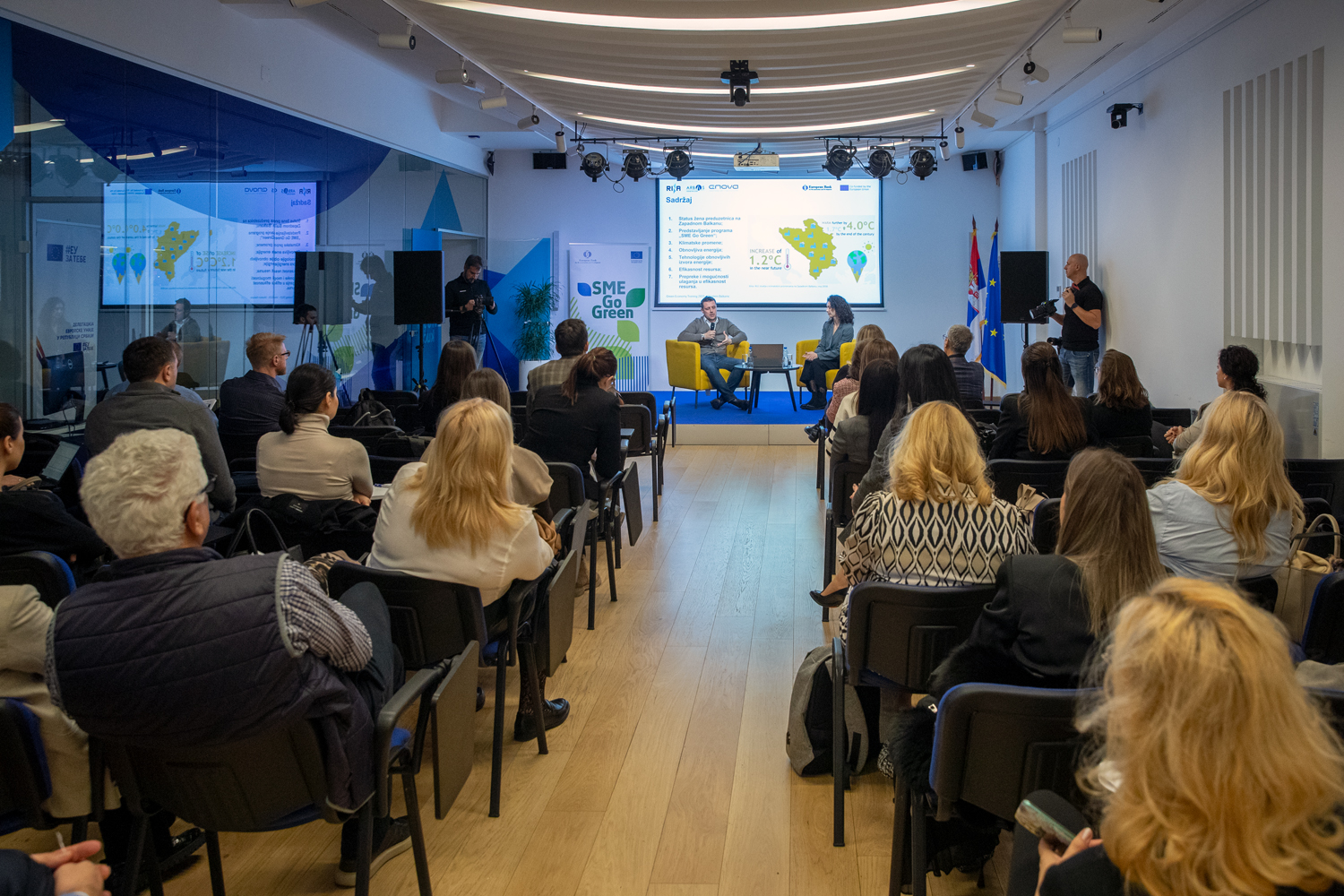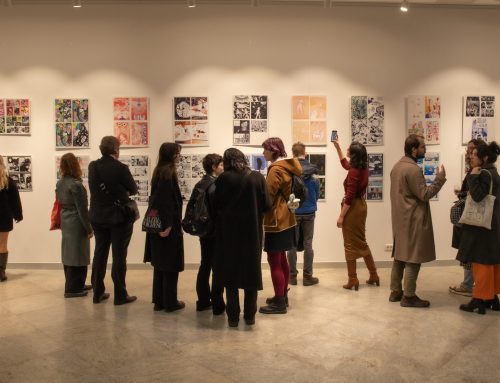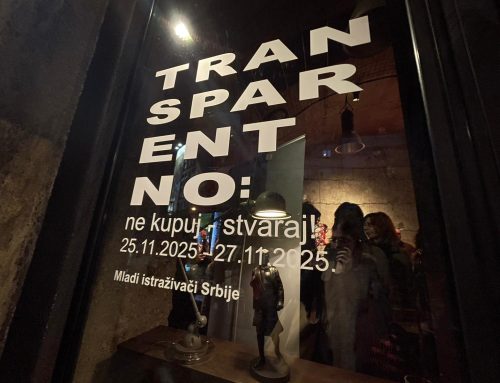Europe House Belgrade turned into a vibrant green ideas lab more than forty women entrepreneurs gathered for the interactive workshop “SME Go Green: Empowering Women Entrepreneurs in the Green Transition”, organised by the European Bank for Reconstruction and Development (EBRD) with support from the European Union.
The event was opened by Nemanja Mitrović from EBRD, while local SME Go Green experts Maja Krstović and Vladimir Đorđević guided participants throughout the day.
From the very first moment it was clear this was no ordinary workshop: it offered practical knowledge, valuable contacts and concrete financial tools to help women-led businesses shift to greener, more resilient models.
The programme began with a deep dive into the real impact of climate change on sectors where women lead – agriculture, food processing and manufacturing. Participants explored how extreme weather, droughts and floods directly threaten supply chains and why climate resilience is now as critical as profitability.

This was followed by hands-on technological solutions: solar photovoltaic plants, solar thermal collectors, geothermal heat pumps, and energy-from-waste systems using biogas and biomass – all presented with real numbers, payback periods and successful regional examples.
A major part of the day focused on resource efficiency and the circular economy in everyday SME practice. Through case studies, participants saw what it means to cut water use by 40%, electricity by a third, or turn waste into raw material – and how their peers in Serbia and neighbouring countries have already done it.
A particularly inspiring moment came from Melissa Engelhardt (EBRD), who explained exactly how the SME Go Green credit line supports women’s entrepreneurship and why women leaders are often the most reliable drivers of successful green transformation.
The discussion then turned to money: available EBRD and EU green financing lines, subsidies, guarantees and preferential interest rates designed specifically for women-led companies. Every participant left with clear next steps – how to apply, what documents to prepare and exactly where to turn for support.
The workshop once again proved that Serbia’s green transition is not just a grand national strategy; it is happening right here, in rooms filled with determined women who are ready to make their businesses sustainable, profitable and future-proof.
The event was organised as part of European Green Diplomacy Week 2025 (14–25 November), whose theme this year is water preservation and sustainable development – a global EU campaign that fosters cooperation in the fight against climate change and inspires climate action worldwide.




